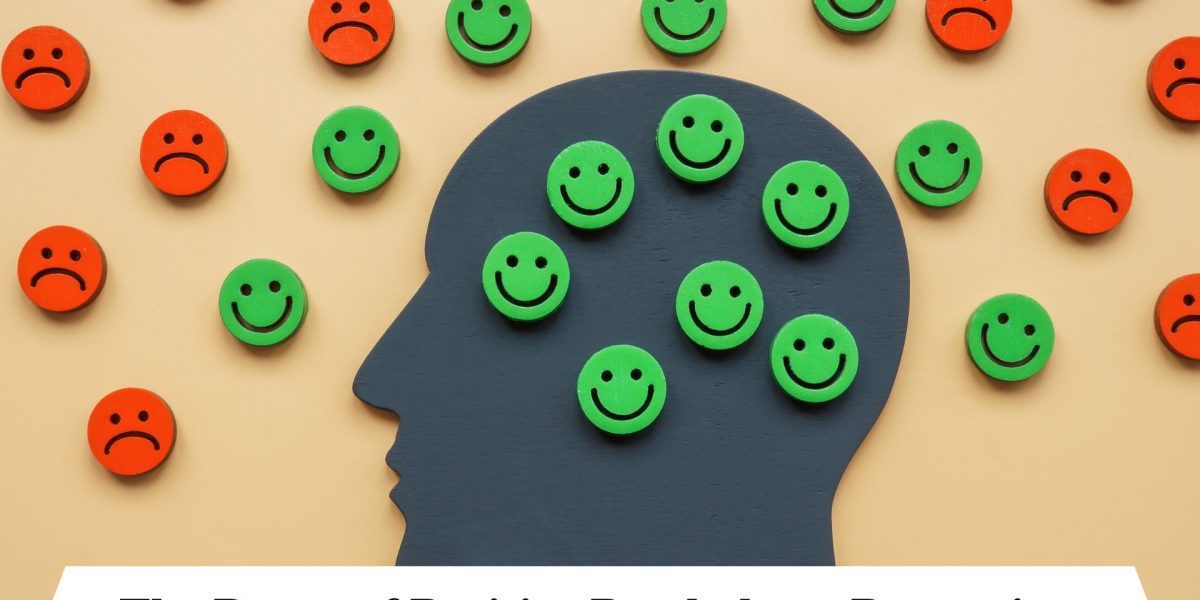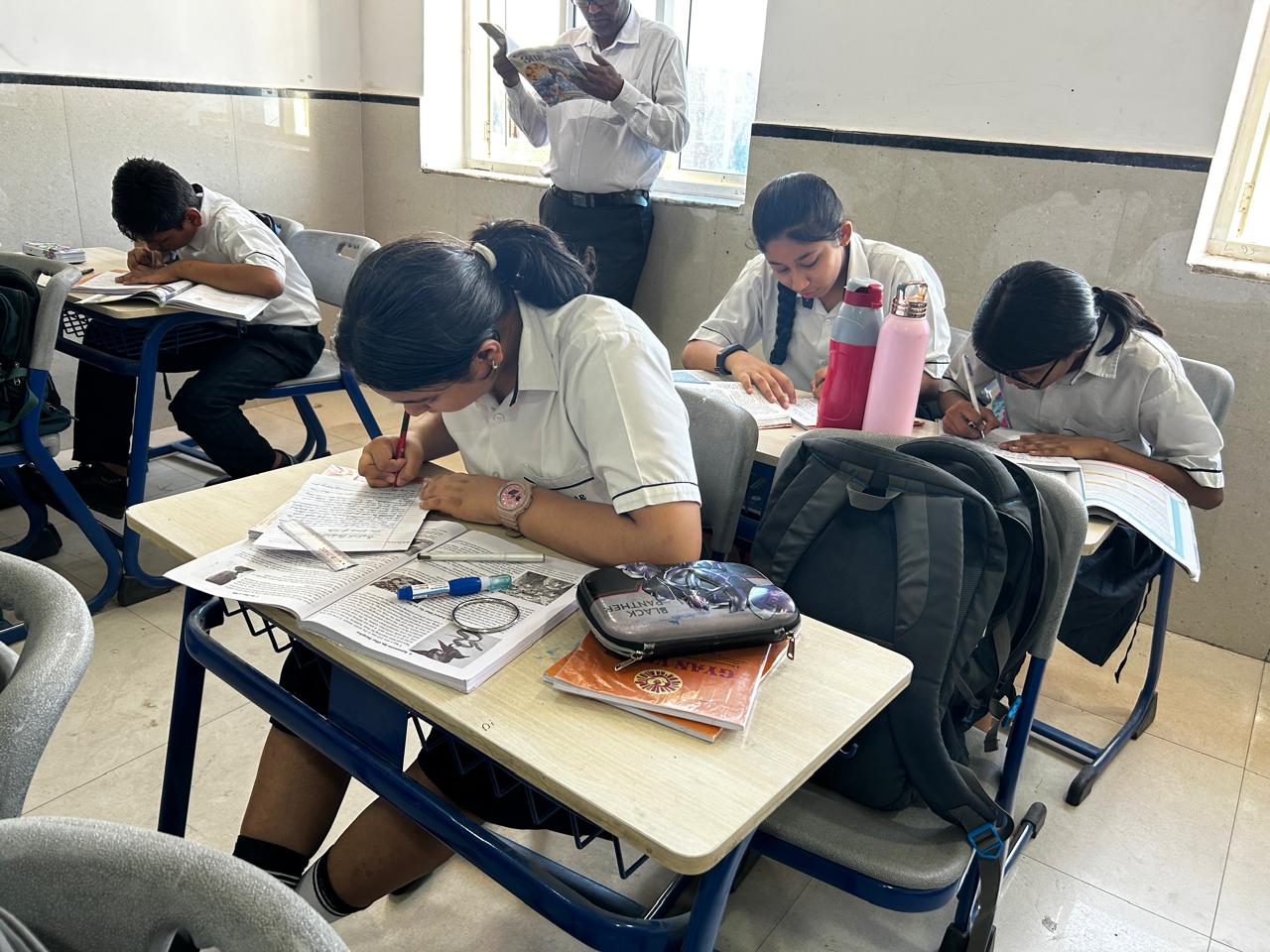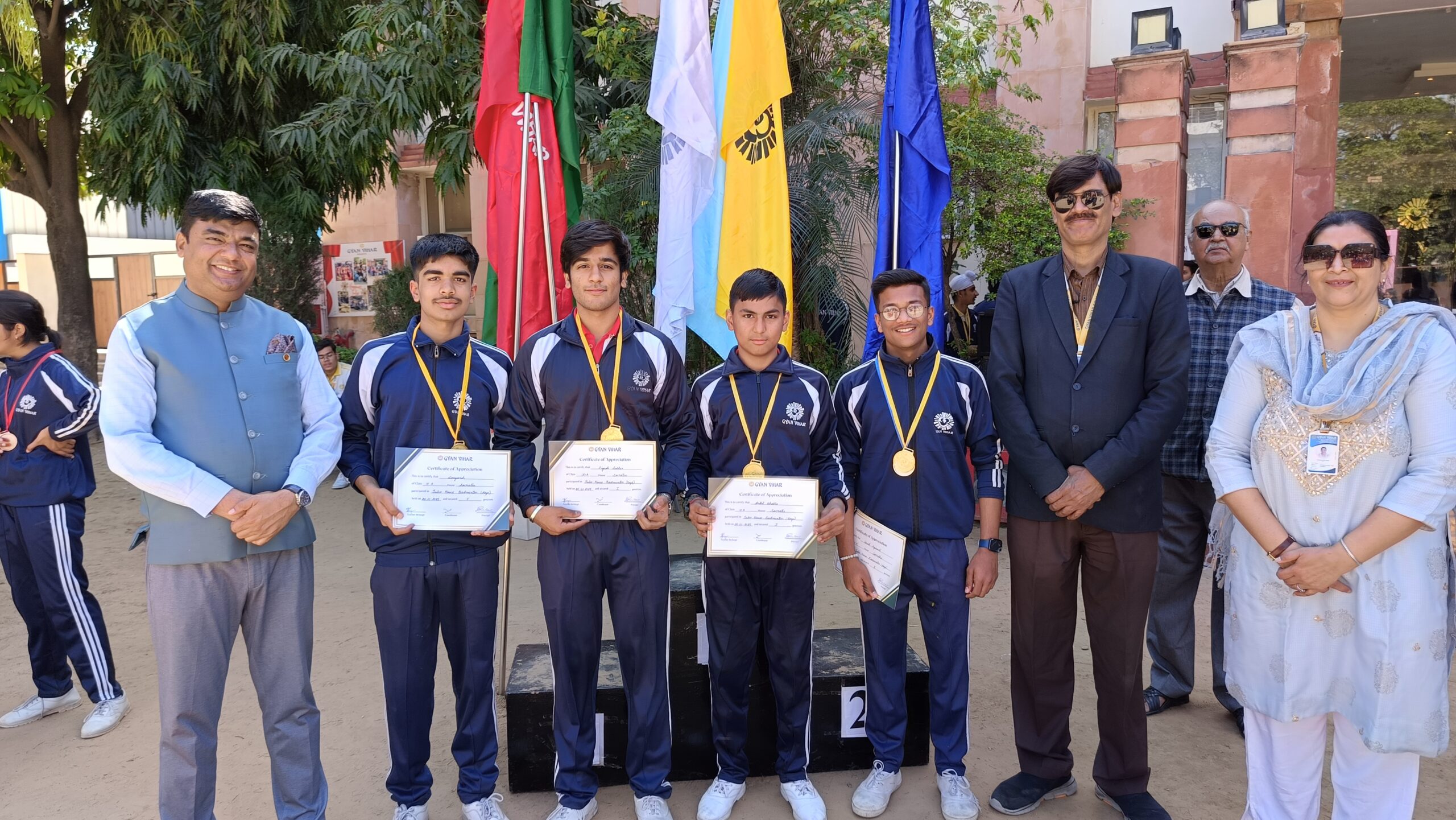At Gyan Vihar School, we believe in nurturing well-rounded individuals who excel not just academically, but also thrive emotionally. In a world that can sometimes feel overwhelming, equipping our students with tools to navigate challenges and cultivate a positive outlook is paramount. This is where Positive Psychology steps in!
What is Positive Psychology?
Positive psychology isn’t about ignoring negativity; it’s about understanding and building on our strengths and fostering positive emotions. It’s a scientific field that focuses on human flourishing, resilience, and happiness. This approach is particularly valuable for students navigating the pressures of academics, social interactions, and personal growth.
Why is Positive Psychology Important for Students?
School life can be a demanding and emotionally charged experience. Juggling academic pressures, social interactions, and personal growth can lead to a range of challenges for students. Positive psychology empowers students to navigate these complexities and cultivate a strong foundation for mental well-being. Here’s a deeper look at its benefits:
- Developing a Growth Mindset: Positive psychology emphasizes the concept of a growth mindset, where intelligence and abilities are viewed as malleable and can be developed through effort and perseverance. This approach encourages students to see challenges as opportunities for learning and growth, fostering resilience and motivation in the face of setbacks.
- Boosting Self-Esteem: Positive psychology techniques help students identify their strengths, celebrate achievements, and develop a sense of self-efficacy (belief in their ability to succeed). This fosters a healthy level of self-esteem, allowing students to approach tasks with confidence and a can-do attitude.
- Enhancing Emotional Regulation: Students are exposed to a range of emotions throughout the school day – excitement, frustration, disappointment, and anxiety. Positive psychology equips them with tools to recognize and manage these emotions effectively. Techniques like mindfulness meditation and journaling can help students develop emotional intelligence, allowing them to regulate their emotions in healthy ways and reduce stress.
- Strengthening Relationships: Positive social connections are crucial for emotional well-being. Positive psychology encourages students to build strong support systems through positive communication, empathy, and acts of kindness. This fosters a sense of belonging and connection, which can buffer against stress and contribute to overall well-being.
- Increasing Happiness and Well-being: By cultivating gratitude, optimism, and savoring positive experiences, students can cultivate greater happiness and life satisfaction. Positive psychology techniques help them focus on the good aspects of their lives, build resilience in the face of challenges, and experience a sense of purpose and fulfillment.
Positive Psychology Techniques for Gyan Vihar School Students
Now that we understand the significance of positive psychology, let’s explore some practical techniques that Gyan Vihar School students can integrate into their daily lives:
- Gratitude Exercises:
- Gratitude Journaling: Take 5-10 minutes daily to write down 3 things you’re grateful for, big or small. This simple practice shifts focus from negativity to the positive aspects of life.
- Gratitude Jar: Throughout the week, write down things you’re grateful for on small slips of paper. At the end of the week, draw a slip and reflect on the positive experience.
- Gratitude Sharing: Express gratitude to friends, family, and teachers. Verbally acknowledging their support strengthens relationships.
- Cultivating Optimism:
- Positive Affirmations: Repeat positive statements about yourself (“I am capable,” “I am worthy”). Over time, these affirmations can boost self-belief.
- Visualization: Imagine yourself achieving your goals and experiencing success. Visualization helps create a mental roadmap for success.
- Reframing Negative Thoughts: Challenge negative self-talk. Turn “I can’t do this” into “I can learn to do this.”
- Building Strengths:
- Strengths Inventory: Reflect on your strengths. Are you creative, helpful, organized? Utilizing your strengths can lead to greater enjoyment and satisfaction in activities.
- Strengths-Based Learning: Teachers at Gyan Vihar School can incorporate activities that allow students to leverage their strengths while learning new concepts.
- Strengths Appreciation: Acknowledge the strengths of others. Appreciating classmates’ talents fosters a supportive and collaborative environment.
- Promoting Positive Relationships:
- Random Acts of Kindness: Perform small acts of kindness for others, like offering help with schoolwork or writing a positive note. These gestures strengthen social bonds and create a positive school culture.
- Positive Communication: Focus on using “I” statements (“I feel frustrated when…”) to express needs effectively. Active listening and respectful communication build stronger relationships.
- Social Connection: Make time for friends and family who uplift you. Social connection is an essential pillar of emotional well-being.
- Mindfulness and Savoring Positive Experiences:
- Mindfulness Meditation: Taking a few minutes to focus on your breath and be present in the moment can reduce stress and improve emotional regulation. Gyan Vihar School can integrate short mindfulness exercises into the school day.
- Savoring: Pay close attention and appreciate positive experiences. Savor the joy of a good friend’s joke, the beauty of a sunset, or the satisfaction of completing a challenging task.
Beyond the Classroom: Positive Psychology at Home
Parents and guardians play a crucial role in supporting students’ mental well-being. By integrating positive psychology principles into the home environment, parents can create a nurturing space where students feel empowered to thrive. Here are some specific ways to achieve this:
- Open Communication: Establish open communication channels where students feel comfortable expressing their emotions freely, without fear of judgment. Actively listen to their concerns and offer support and guidance.
- Family Gratitude Rituals: Create regular practices that encourage gratitude as a family. This could involve sharing things you’re grateful for at dinner, keeping a gratitude jar where everyone adds things they’re thankful for, or creating a gratitude board where positive experiences and achievements are celebrated.
- Focus on Strengths: Help your child identify their unique strengths and talents. Encourage them to use these strengths in their daily activities and celebrate their achievements when they utilize these strengths effectively.
- Positive Reinforcement: Acknowledge and celebrate your child’s positive behaviors and accomplishments, no matter how big or small. Positive reinforcement strengthens desired behaviors and motivates them to continue making good choices.
- Quality Time: Make dedicated time for quality interactions with your child. Engage in activities you both enjoy, whether it’s playing a game, going for a walk, or simply having a conversation. This quality time strengthens your bond and fosters a sense of connection.
- Model Optimism: Children learn by observing the behavior of adults around them. Maintain a positive attitude and optimistic outlook, even during challenging times. This helps your child develop coping mechanisms for dealing with setbacks and teaches them the value of perseverance.
- Limit Screen Time: Excessive screen time can negatively impact mood, sleep patterns, and social interaction. Establish healthy boundaries on screen time and encourage alternative activities like reading, pursuing creative hobbies, spending time outdoors, or engaging in physical activity.
By incorporating these positive psychology principles at home and at school, students can develop a strong foundation for emotional well-being and set themselves up for success in all aspects of life.
Thriving with Positive Psychology
Positive psychology equips students with valuable tools to navigate the complexities of school life and beyond. By integrating these techniques into their daily routines, Gyan Vihar School students can cultivate a growth mindset, build resilience, and foster a sense of well-being. Remember, happiness is a skill that can be learned and developed. With consistent practice, positive psychology can empower students to not only excel academically but also flourish as emotionally intelligent individuals, ready to embrace the opportunities and challenges that life presents.
Gyan Vihar School: Fostering a Culture of Well-being
At Gyan Vihar School, we are committed to nurturing the holistic development of our students. We believe that academic excellence goes hand-in-hand with emotional well-being. By incorporating positive psychology principles into our curriculum and school environment, we create a space where students can thrive, not just academically, but also personally and socially. Consider Gyan Vihar School – one of the Top Schools in Jaipur, for your child’s bright future.
We hope this blog has been informative. If you have any questions about Gyan Vihar School or our approach to student well-being, please don’t hesitate to contact us.







